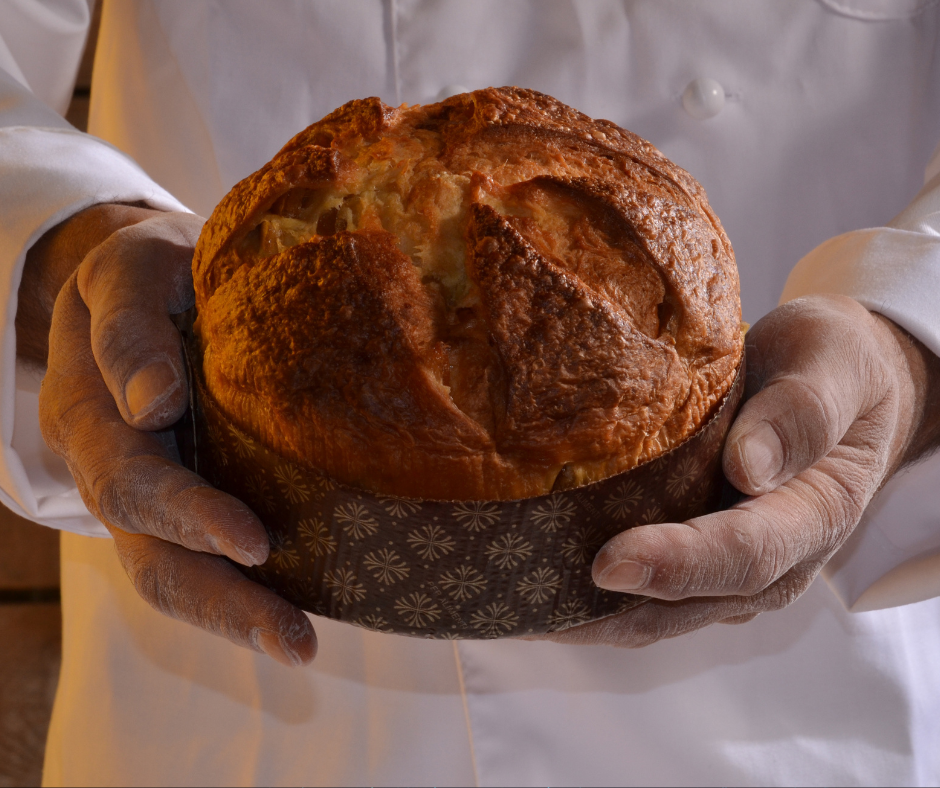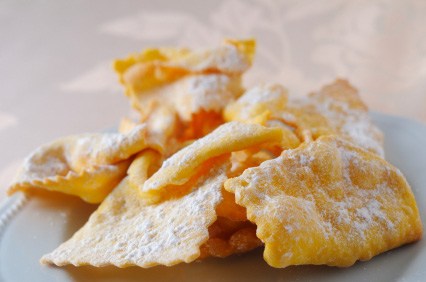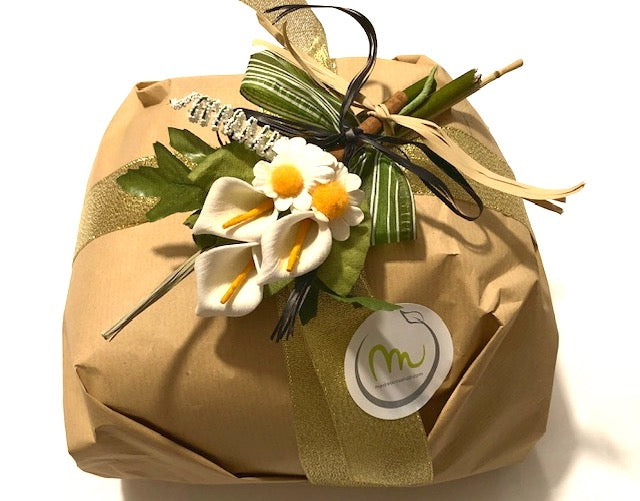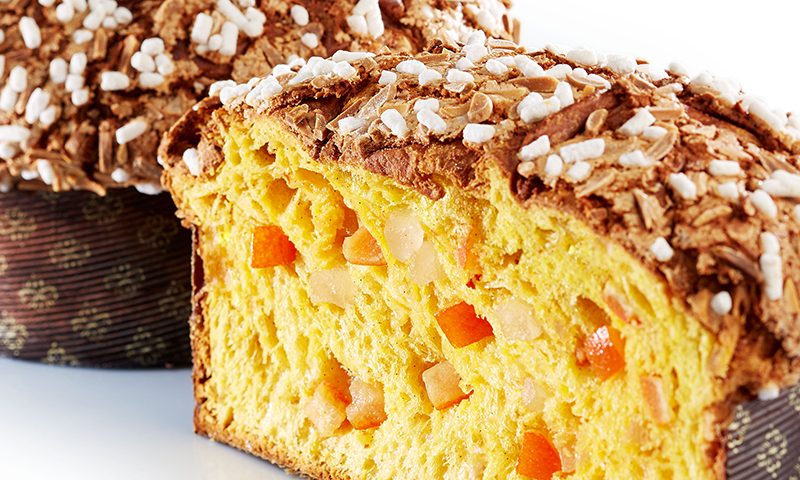
THE TRUTH NO ONE TELLS YOU ABOUT THE EXCELLENT FOOD SOLD BY FAMOUS SUPERMARKETS

About a year ago an article was published in "IL GIORNALE" which talked about the products sold by EATALY. (http://www.ilgiornale.it/news/politica/vero-eataly-caprotti-e-costa-meno-farinetti-1133923.html)
It caused a stir that the products found at EATALY are also present at ESSELUNGA but at lower prices.
WHERE IS THE NEWS???
Have you ever wondered how a small craftsman or a small shop can supply a giant like EATALY or ESSELUNGA? It would have to work 24 hours a day to meet the demands of just one outlet of one of these chains.
So what happens? Either the craftsman starts buying technological machinery to produce more at the expense of craftsmanship or he cannot supply large chains.
The excellent 0 km food product cannot be sold in large chains; those who produce these products are (often family) businesses with a very low production capacity. How does a craftsman of this size manage to supply all these outlets?!
The truth is that true excellence can never be found in large chains but rather in the small shops of our towns.
The excellences that supermarkets or EATALY sell you are nothing more than industrial products "dressed" differently and sold at very high prices to satisfy their hunger for money.
If you want to go back to eating better, healthier, you have to go back to buying in the shops.
In the village shops there are still the values of the past. The shop assistant is often the owner, she remembers your name, she remembers your habits, she advises you (something that shopping center shop assistants don't do).
It's true, the shops have slightly higher prices than supermarkets and sometimes come close to those of EATALY.
IT'S NOT THEIR FAULT!
Unlike supermarkets, shops pay more for their products because they have very low purchasing power and truly artisanal products are expensive.
Try to make an economic calculation of how much it costs you to make jam, sauce, etc. Also place a value on the time you spend making the product.
Once you have the cost add 30% (which is the shopkeeper's profit) you will get the price you would pay for the same product in the shops.
Now I ask you, which is more expensive... the shop or the supermarket?
The shop sells you quality at the right price.
The supermarket sells you an industrial product at the price of an artisanal one.
Now the choice is yours...
ps You won't find Madreterra products in large national supermarket chains because quality and craftsmanship are important to us.





